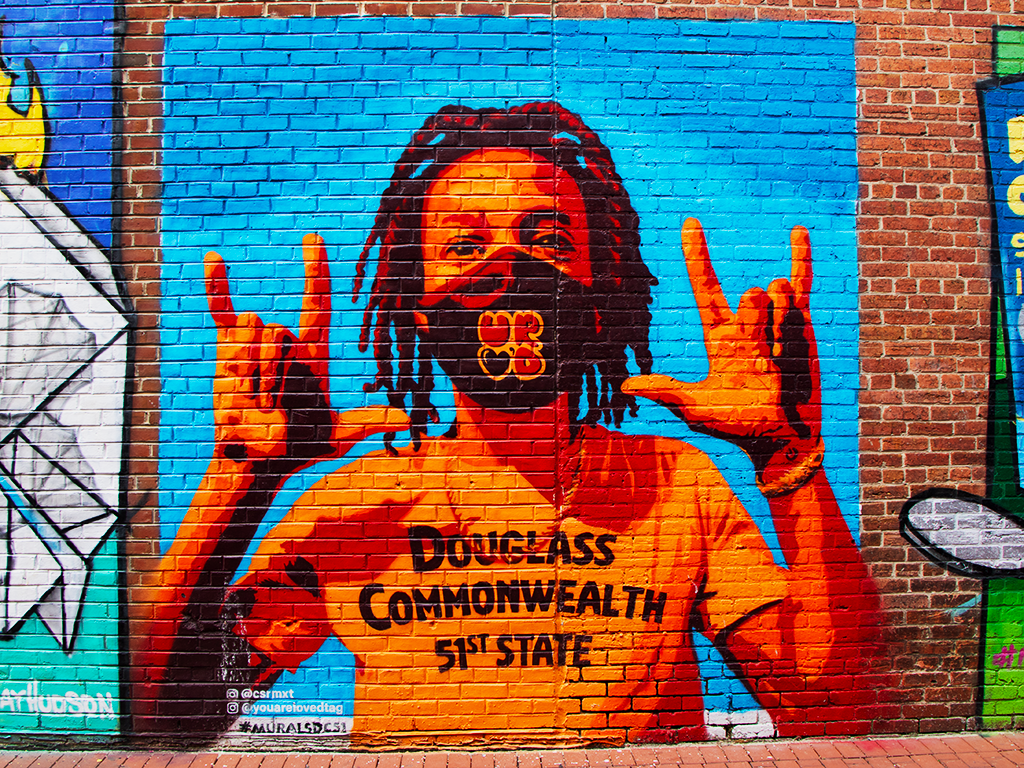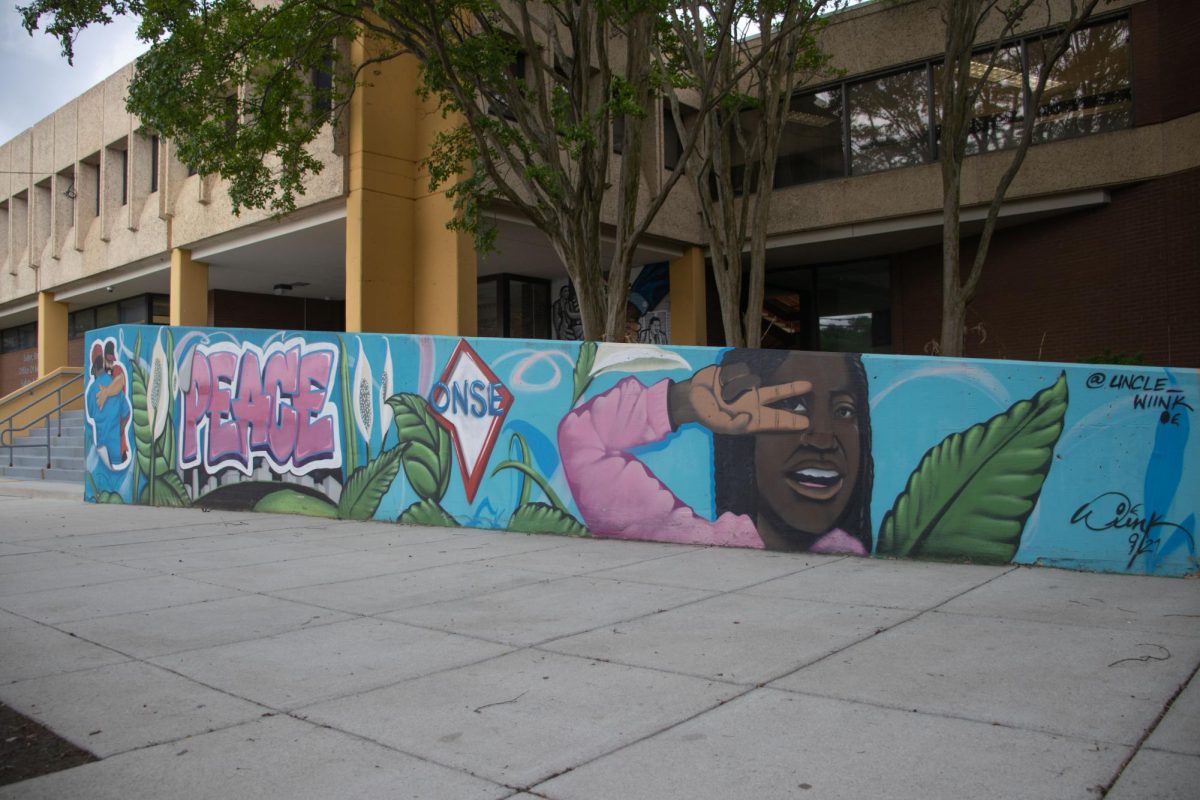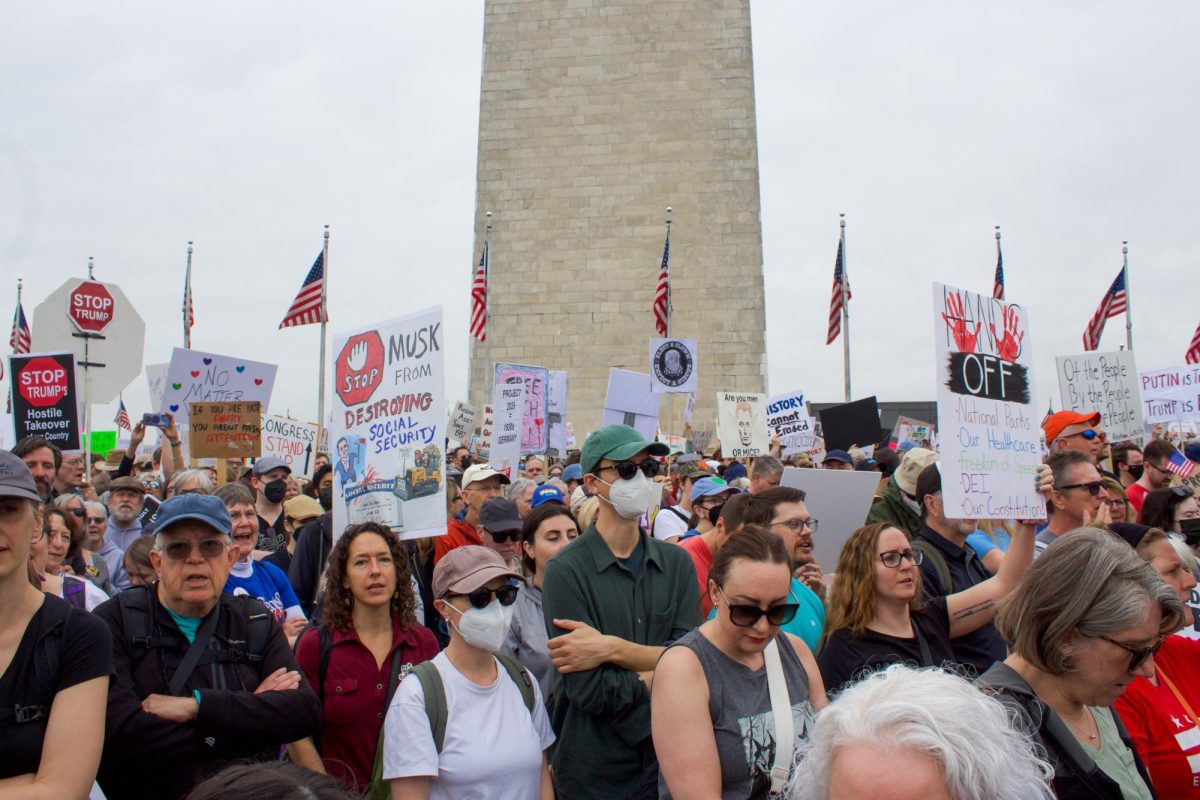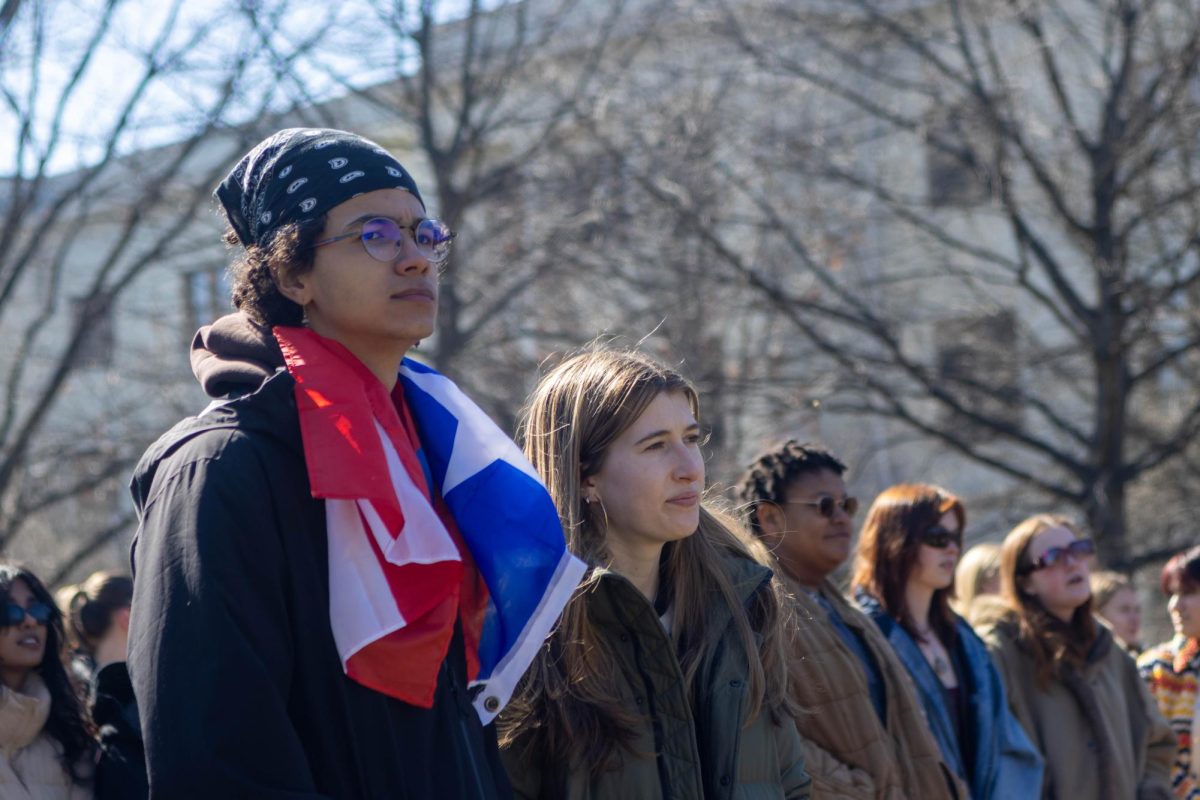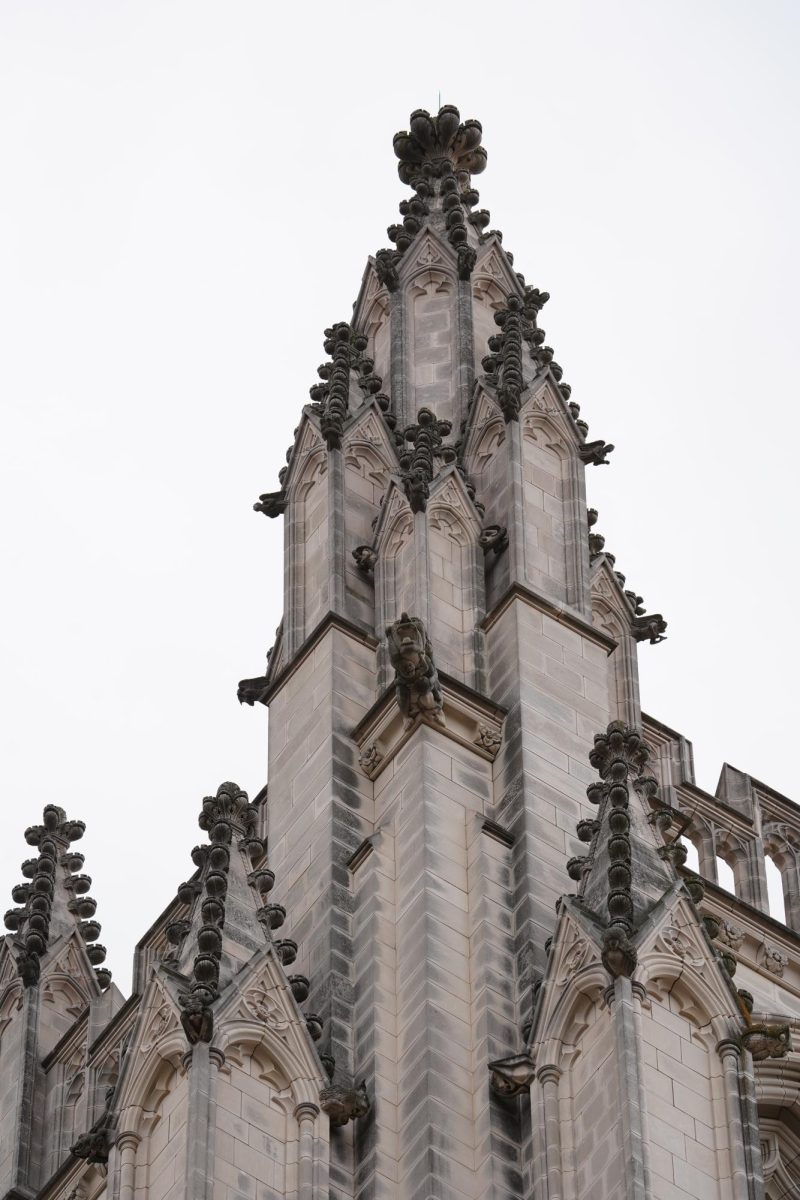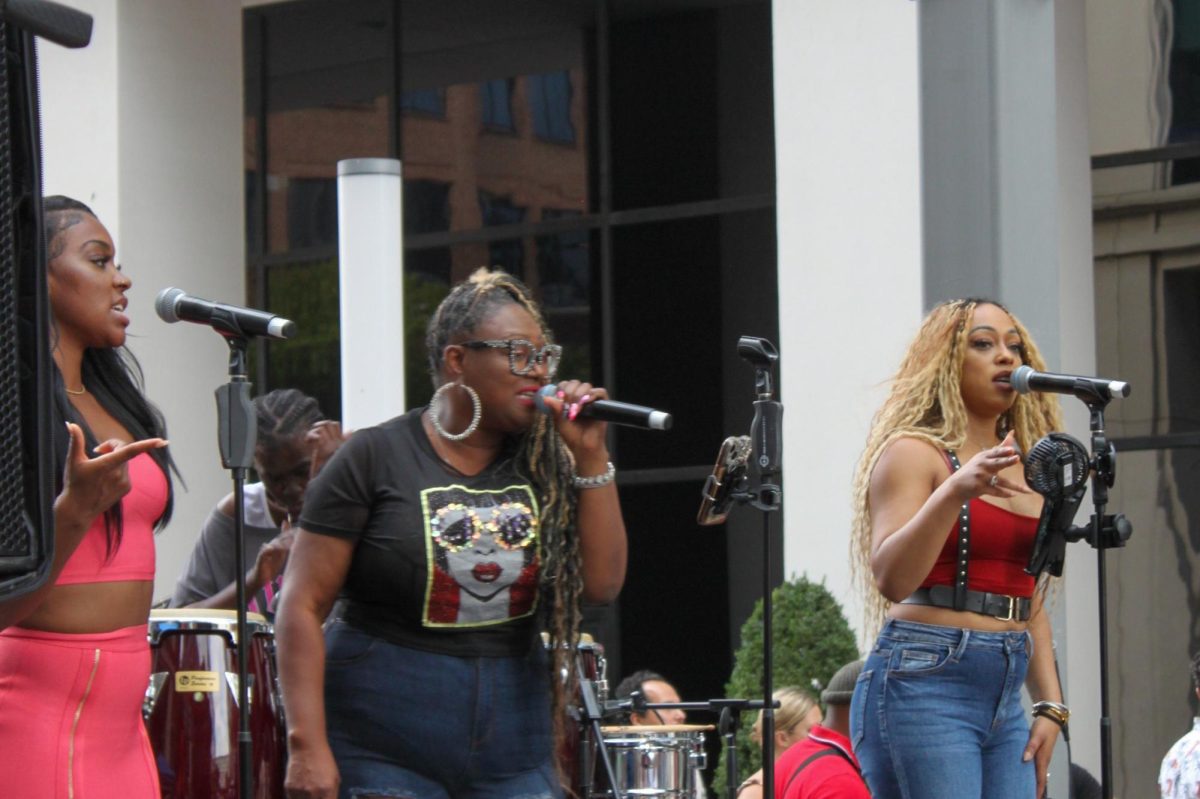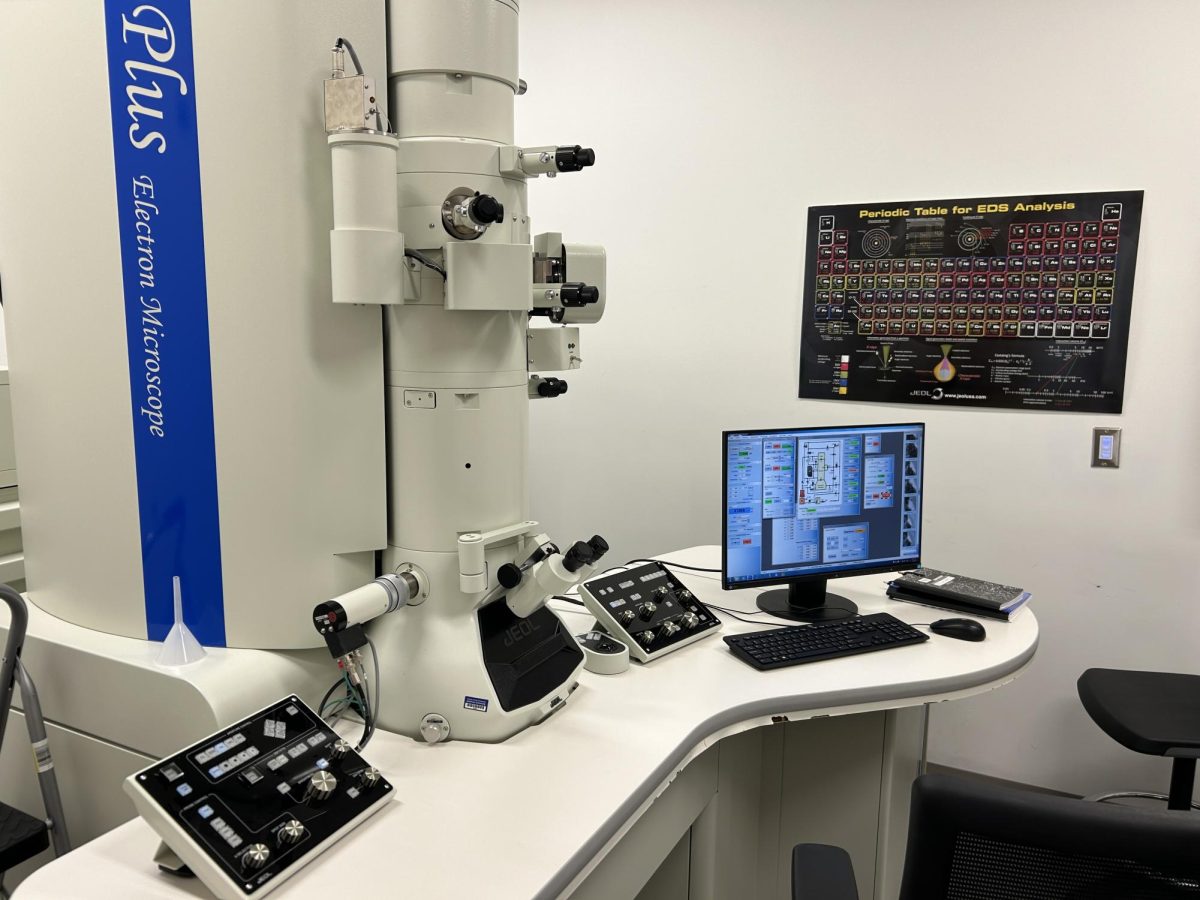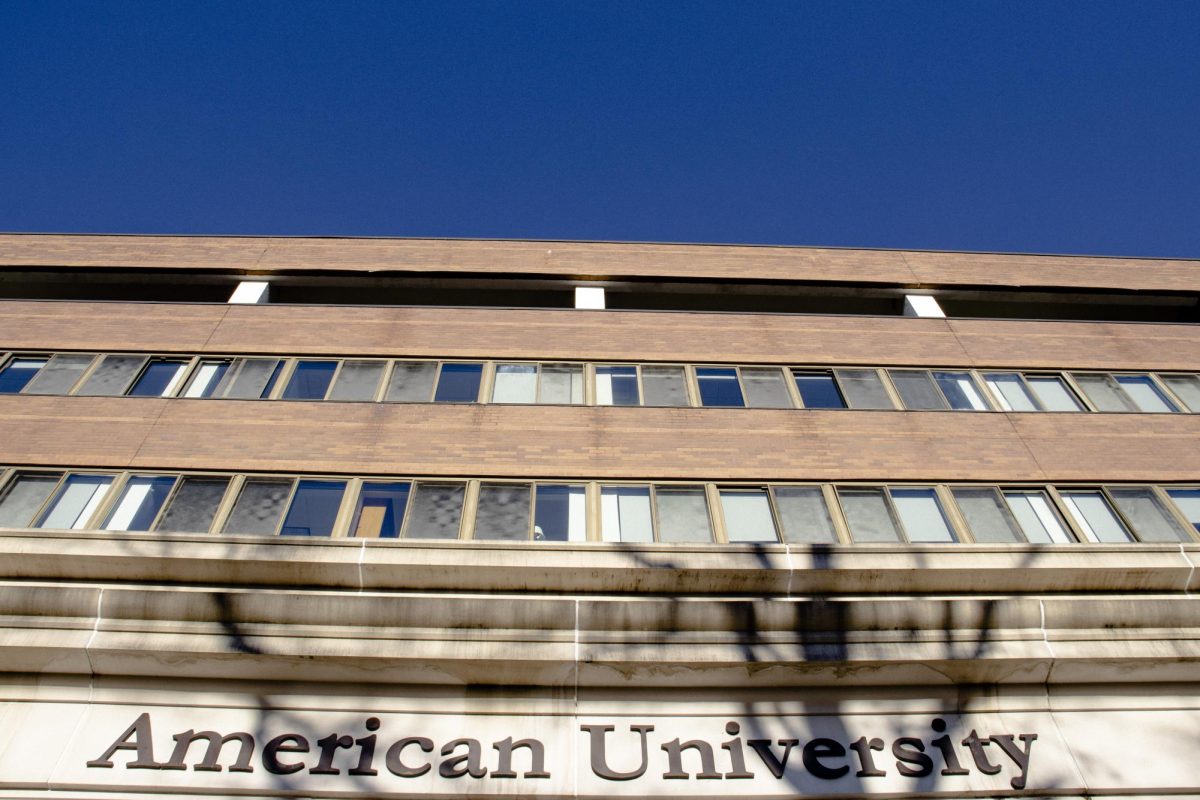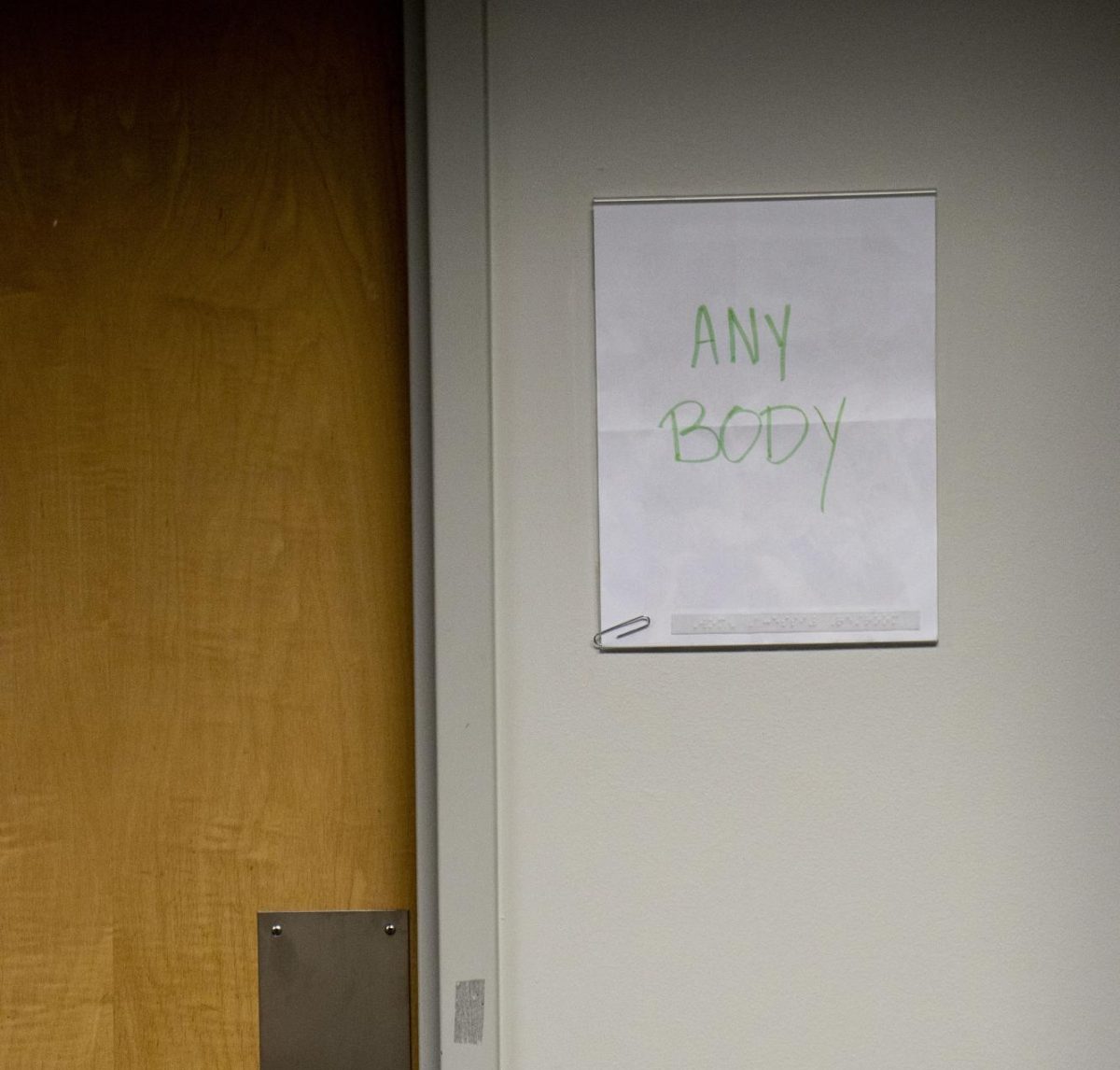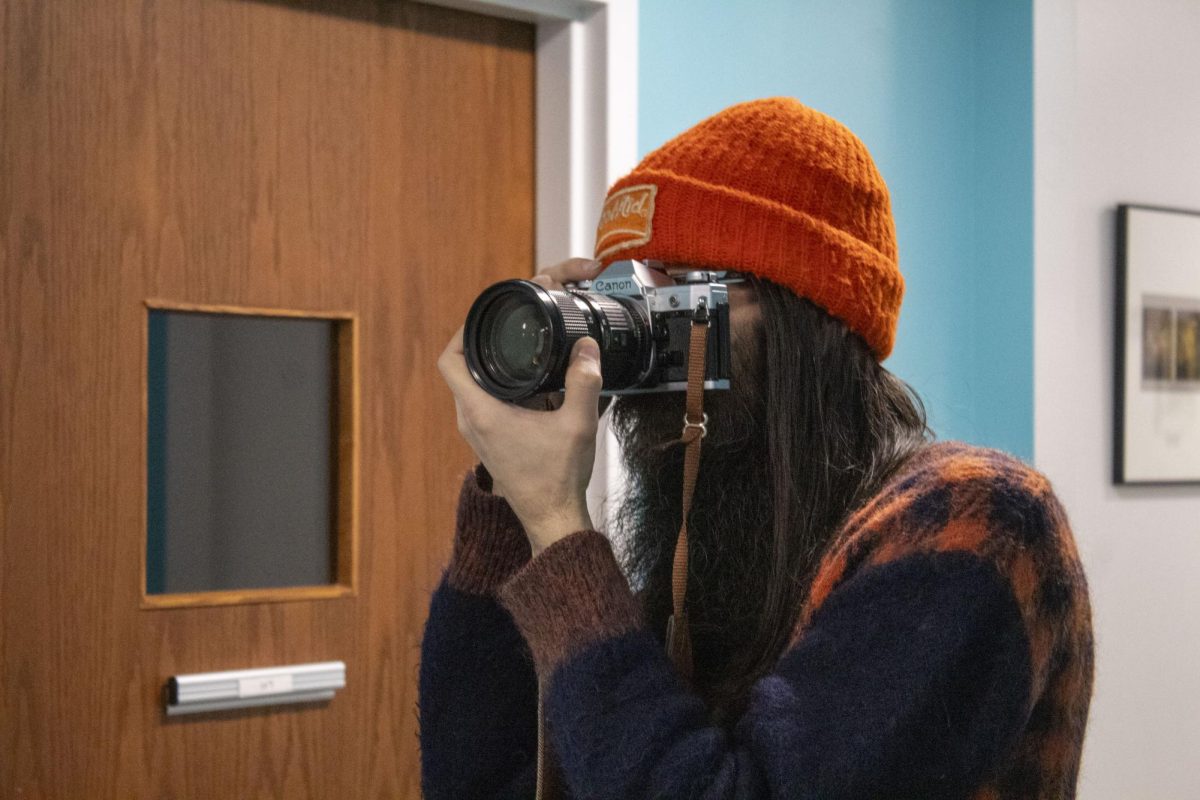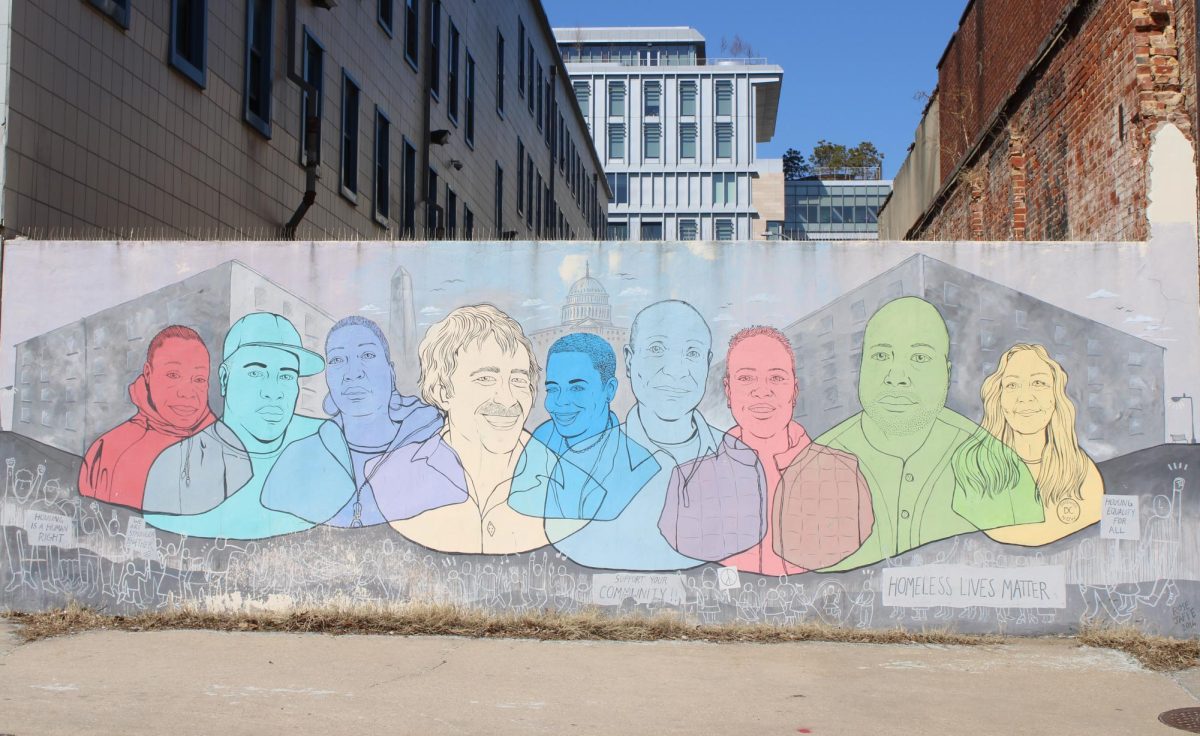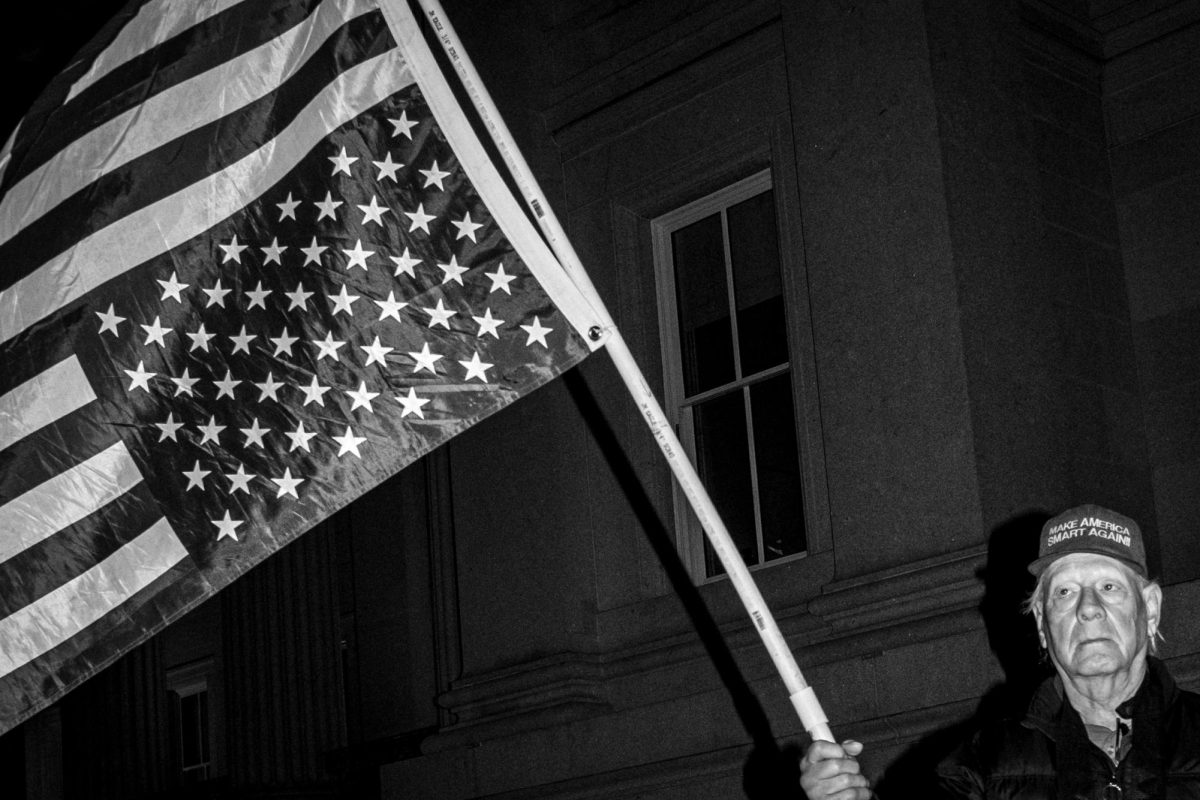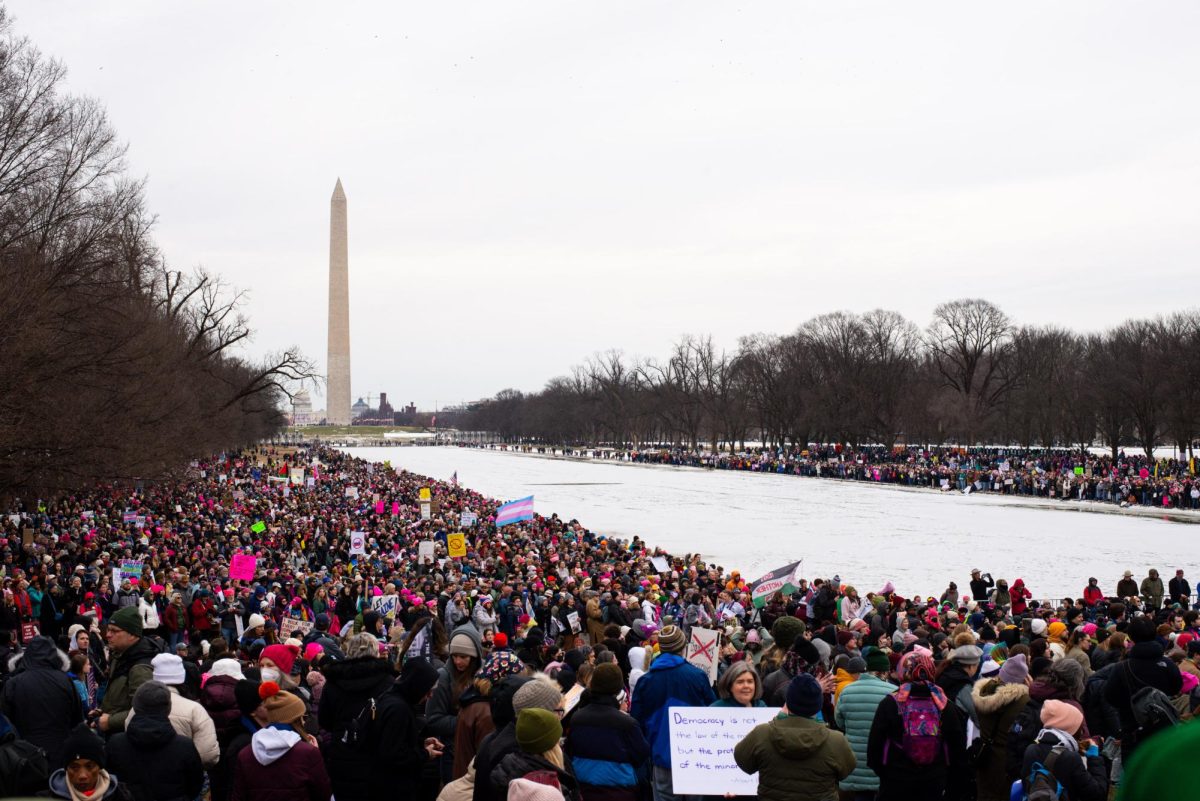Citizens in Washington, D.C., have been fighting for statehood and representation in Congress for 219 years, but recently, the fight has expanded past the district’s borders.
Nebraska State Sen. Danielle Conrad was first introduced to the D.C. statehood movement after talking with her colleagues working in the district.
Conrad and her colleague Sen. George Dungan introduced Legislative Resolution 146 to the Nebraska State Legislature on May 11, 2023, that urges the Nebraska representatives and senators in Congress to enact federal legislation granting Washington, D.C., statehood, according to the Nebraska Legislature website.
“It seems to me to be a common-sense reform to update our legal and political structure to ensure strong representation of all Americans,” Conrad said. “And when you look at kind of the very fraught history and very complex legal framework around these issues, it just seems to me that people who are citizens, who live and work in our nation’s capital, should have an equal voice in our federal government.”
Nebraska is not the only state that has introduced statehood legislation. The South Carolina General Assembly introduced a bill, “Statehood for Washington, D.C.” in January 2023.
Dungan said he was excited about the resolution because of his connection to the district. He attended the American University Washington College of Law in Washington, D.C., for three years and taught constitutional rights to kids in Southeast Washington.
“D.C. is a very transient town insofar as a lot of people come and go on a regular basis,” Dungan said. “But there are huge swaths of populations in D.C. of people who are born and raised there, who I think sometimes get left out of the conversation when we’re talking about D.C.”
Dungan signed on to co-sponsor the resolution with Conrad after she approached him on the chamber floors.
“I think that everybody has some interest in ensuring that all people have their voices heard and represented,” Dungan said.
D.C. Statehood Movement History
The D.C. statehood movement can be traced back to 1802, when citizens in the district petitioned Congress for a municipal chapter to create a local council after organizing protests and meetings, according to the D.C. Council website.
The fight continued into the 1900s when six home rule bills, introduced between 1946 and 1966, never made it out of the House District of Columbia Committee.
In 1964, Anne Anderson moved into an apartment in Northwest Washington. She would later become the chair of the Committee for Full Rights for DC Citizens in the League of Women Voters’ D.C. chapter.
Anderson said she remembers watching the news and seeing people lined up for miles to vote for the President for the first time. The 1964 election, where Republican Sen. Johnson Goldwater ran against Former President Lyndon B. Johnson, was three years after the ratification of the 23rd Amendment, which allowed district residents to vote for President and Vice President in national elections.
“People came out saying, ‘I voted!’” Anderson said. “It still gives me chills.”
In 1973, Congress passed the District of Columbia Home Rule Act, allowing residents to elect a local government. However, Congress controls the district’s budget and must approve all legislation passed by the government before it becomes law. Under the act, the district did not receive representation in Congress.
In the 1990s, Anderson decided to join the district chapter of the League of Women Voters. This nonpartisan, grassroots organization works to expand and protect the voting rights of all, according to the organization’s website.
In 2014, Anderson became the chair of the Committee for Full Rights for DC Citizens. The committee consists of all volunteers traveling around the country presenting to students and organizations about why district statehood is important, Anderson said. The committee traveled to 31 states before the COVID-19 pandemic paused their tour.
Anderson said that the congressional control over the district is invasive.
“Congress considers us and uses us as a political football,” Anderson said. “All the talking points are very dismissive and denigrating of people who live in D.C.”
Anderson said she remembers when the district citizens wanted their tax money to go to public schools. The ballot measure, known as Initiative 25, passed in the 1987 Board of Education election, but Congress stepped in and redirected the money toward charter schools and vouchers through the District of Columbia School Reform Act of 1995 inside the 1996 Appropriations Act.
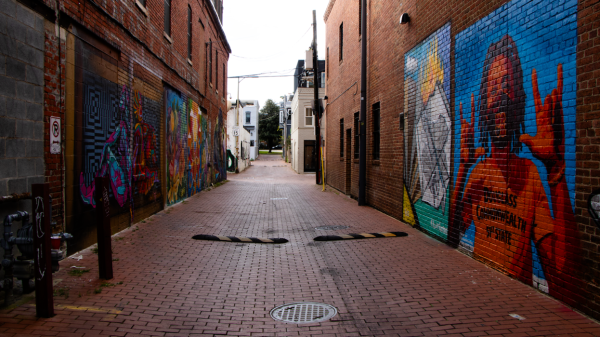
Congress and Statehood
Washington, D.C., Sen. Michael Brown has advocated for district statehood for 18 years. Brown said he realized he needed to run for Congress after learning he was a direct descendant of a man who fought in the Revolutionary War.
“I started to think to myself how silly it was that more than 200 years after he put his life and property on the line to establish this country, his descendants didn’t have the rights that he fought for,” Brown said.
Brown has no voting power in the Senate and is not paid for his work. He said one part of his job is to keep Congress informed that the district is ready and qualified for statehood.
“The battle is simply that it is about two more Democrats in the United States Senate,” Brown said.
The first statehood bill in the Senate was the New Columbia Admissions Act, introduced in November 1993, which never made it past the committee, according to Congress’s website. The House version made it to a roll call vote but failed to pass. The 2020 Washington, D.C. Admissions Act was the first-ever statehood bill to pass the House. However, the bill didn’t pass the Senate.
The Admissions Act was reintroduced in 2021 and passed the House but stalled in the Senate. The act was reintroduced again in the House and the Senate in January 2023 and is awaiting a hearing in multiple committees.
Brown said most people around the country believe district citizens have the same rights as them when that is not the case, and money needs to be allocated to educating the country on the lack of representation district citizens face.
“It violates every principle of democracy,” Brown said. “Thomas Jefferson said that taxation without representation is tyranny, and so, it is tyrannical, and we are the only country in the world that does this.”
Grassroot Statehood Efforts
In 2011, when Josh Burch’s daughter was three months old, he realized that growing up in the district, she was about to grow up without the same rights and representation as the rest of the country.
“I am not going to sit by and do nothing while she grows up in the same system,” Burch, who grew up in the district, said.
As a result, Burch created the Neighbors United for DC Statehood organization, an all-volunteer group that advocates for statehood in the Senate. Burch said the group started lobbying the House of Representatives and the Senate in 2011 when only one senator supported district statehood.
“We would go and meet with Senate offices, and it was [educating] the staff about why it was important for their boss to support D.C. statehood,” Burch said.
Burch said because he and the rest of the group were all volunteers they could not sustain going to congressional offices. So, in 2013, the group focused solely on getting the Senate’s support. As of 2023, Burch said the organization was able to bring 46 senators on board to support district statehood.
“I feel like we all deserve equal access and equal opportunity within our democracy, and the people of D.C. aren’t given that,” Burch said.
The district’s demographic makeup plays a role in the D.C. statehood movement. Black residents make up 45% of the district population. Black residents have been leading the fight for district statehood since the beginning, said Amber Taylor, the strategic communications director for the American Civil Liberties Union of the District of Columbia.
The ACLU is a civil rights organization committed to fighting for equal rights for all, according to the organization’s website. Taylor said the reason that statehood has been denied for so many years is because people of color make up a large portion of the district population, specifically Black residents.
“This goes back [to] the 1800s when Congress was talking about ‘Maybe we should have statehood,’ and when Black men had the right to vote, [Congress] did not want to allow D.C. to become a state in order to suppress some of the Black political voice and power in the district,” Taylor said.
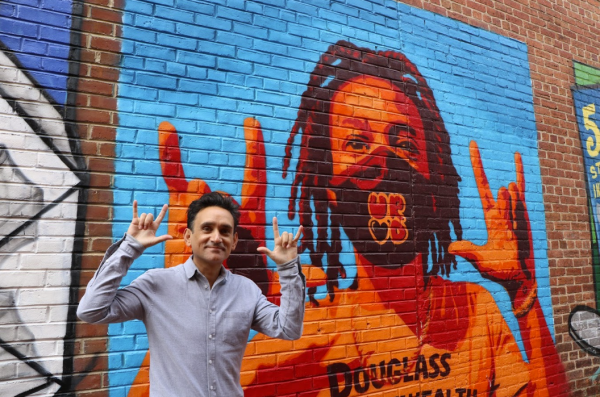
During the 2020 MuralDC51 project, artist César Maxit worked with Black artist @YouAreLovedTag to create a mural to celebrate the role of Black district residents in fighting for statehood.
“I want people to think about what D.C. statehood would mean to Black residents [and] to Chocolate City,” Maxit said. “I feel like that is what this mural is about, not just statehood for D.C., but statehood for the Black residents of D.C. that have been fighting.”
The MuralDC51 project was started by district Mayor Muriel Bowser to show city-wide support for statehood. The selected artists had one week to paint the murals and revealed them on June 26, 2020, when the Admissions Act first passed the House.
Maxit is a 47-year-old professional artist who combined his love of art with his passion for statehood when he participated in the MuralDC51 project and created eight murals throughout the city. Two of the murals are located on Linden Court NE, tucked between the Atlas Mosaic Theater and Hill Prince restaurant along H Street. The other mural features a cherry pie slice shaped like the district.
“I’ve been in the Statehood Green Party in D.C. for many years,” Maxit said. “So, statehood is something that I’ve been working on for a long time.”
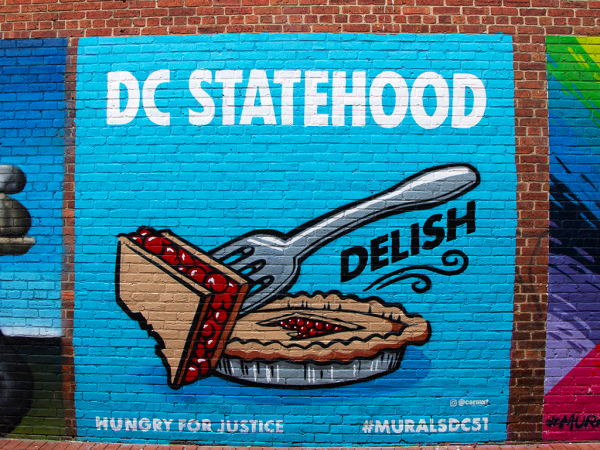
How People Can Fight for Statehood
Taylor said the best way for people outside the district to participate in the battle for district statehood is to talk to their congressional members.
“The only path forward and only way for us to fully protect and defend the rights of the 700,000 members of residents of the District of Columbia is for us to pass the Washington, D.C. Admissions Act,” Taylor said.
DC Vote is an advocacy group focusing on statehood, according to the group’s website. Director of Communications for DC Vote Patrice Snow said the district needs more allies in Congress to achieve statehood.
“Senators that understand the importance of voting rights and understand that we are not a true democracy if everyone does not have access to the ballot,” Snow said.
The battle for district statehood continues today through lobby organizations, like DC Vote and Neighbors United for D.C. Statehood, through education groups, like the ACLU of D.C. and League of Women Voters, and on Capitol Hill with Sen. Brown.
“This is America’s dirty little secret,” Brown said. “This is an international embarrassment, and I would point that out to people, and I would say it is also just patently unfair to allow people to pay taxes. It is the idea that started America. Remember, taxation without representation.”


